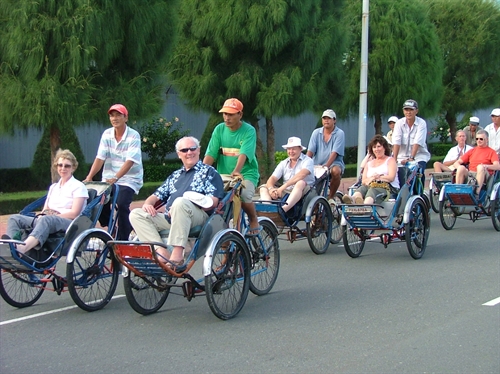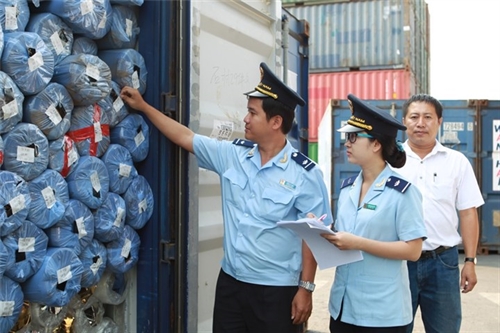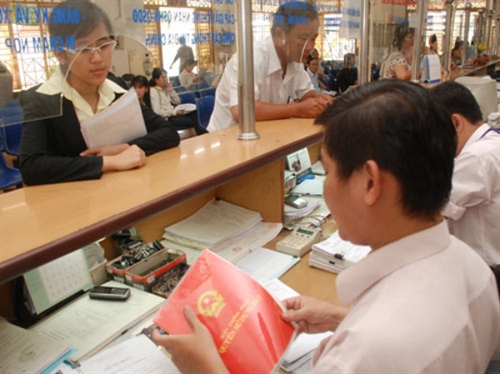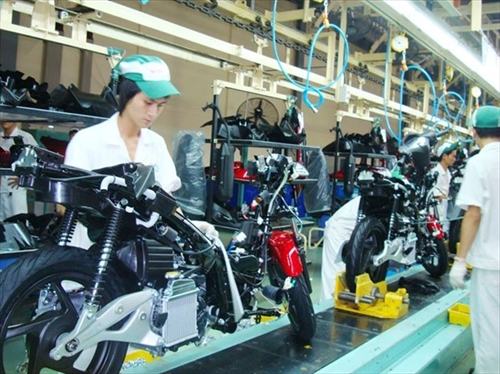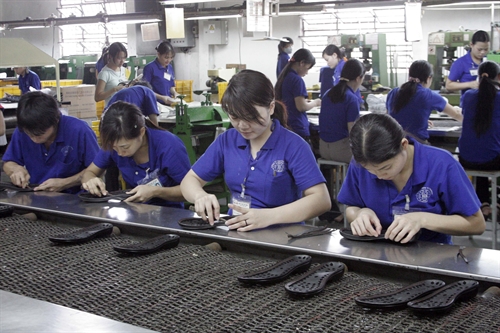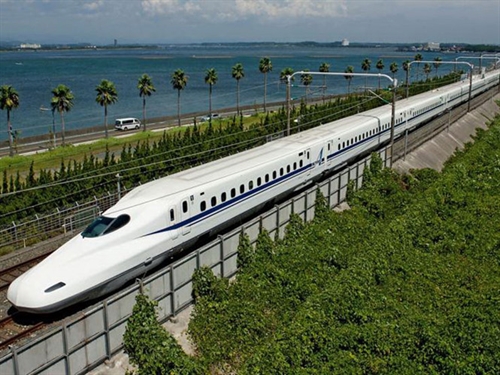Imported goods sold at duty-free shops would be exempted from specialized inspection in order to help customs offices perform effective, transparent and unified management of these goods, according to a draft decree prepared by the Ministry on Finance.
The draft says that duty-free goods dealers would be answerable before law for the quality of their goods. This aims to remove existing problems in this special type of business.
 |
| Foreign tourists purchase goods at a duty-free shop of the Noi Bai Airport__Photo: Internet |
According to the draft, duty-free goods would not be liable to excise tax and value-added tax, and would be eligible for exemption from import duty if they are imports.
To be sold at duty-free shops, goods must be those produced in or imported into Vietnam. Duty-paid imported goods and goods produced in Vietnam and sold at duty-free shops would be regarded as exported goods and managed as temporarily exported goods.
Tobacco, cigars, beer and liquor sold at duty-free shops must be affixed with the “VIETNAM DUTY NOT PAID” stamp issued by the Ministry of Finance.
The draft requires goods sold at duty-free shops to be stored at these shops to meet customs supervision requirements. The storage duration must not exceed 12 months from the date of completion of customs procedures. This duration might be extended once for not more than 12 months for a plausible reason as decided by the head of the customs branch in charge of duty-free shops.
If goods imported for sale at duty-free shops are sold on the domestic market, management and tax policies for them would apply at the time of opening new customs declarations for selling the goods on the domestic market. This provision would not applicable to traders that have fully observed policies on management of imports and exports when registering initial declarations.
Broken, ruined, deteriorated, poor-quality and sample goods might not be sold for consumption. Businesses would make records on the actual conditions of the goods with certification of customs offices, and organize destruction of the goods under customs supervision.- (VLLF)
